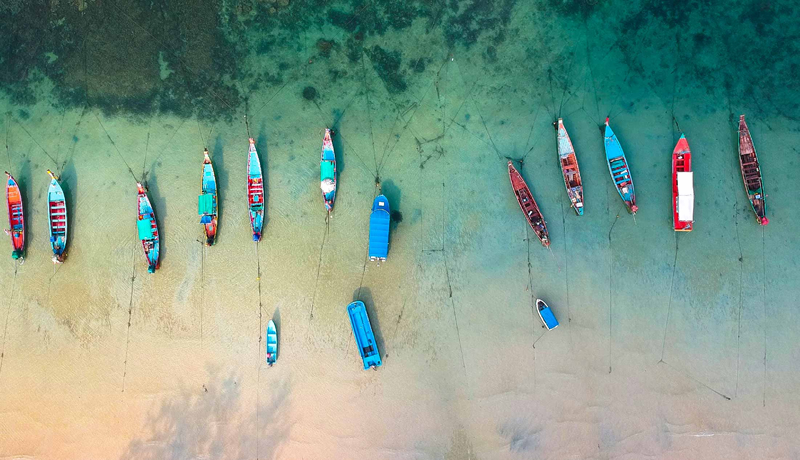Get in Touch
Email Address
Info@rhino.com
Phone Number
Sales: +098 765 4321


Jade is an experienced SCUBA Instructor, holding a BSc Marine Biology degree (First Class Honors) and MSc by Research from the University of Exeter (UK). During her time at university, Jade co-founded a local marine conservation charity, managed a marine turtle conservation team in Cyprus and was a regional leader for the Surfers Against Sewage charity.
Since then, Jade has been travelling the world, getting her hands dirty on the frontline of marine conservation, rescuing turtles, restoring coral reefs, and tagging sharks in places as far flung as the Galapagos Islands. Jade is currently working on a number of projects, including investigating the interactions of marine animals with plastics, writing her own publication on the role of climate change in driving disease in endangered sharks, and analysing data to support the use of conservation genetics to protect ray species.
Jade has lots of experience developing programs for marine conservation education, and has recently won an award in the Marine and Nature category of the Responsible Thailand Awards 2022 for her work in the sector. Jade has now taken the reins as Program Director at the Roctopus ecoTrust, and is continuing the important long-term monitoring programs and coral reef restoration work.
Jade is always available at the end of the phone or an email to discuss upcoming projects, internship opportunities and courses - don’t hesitate to drop her a message!

